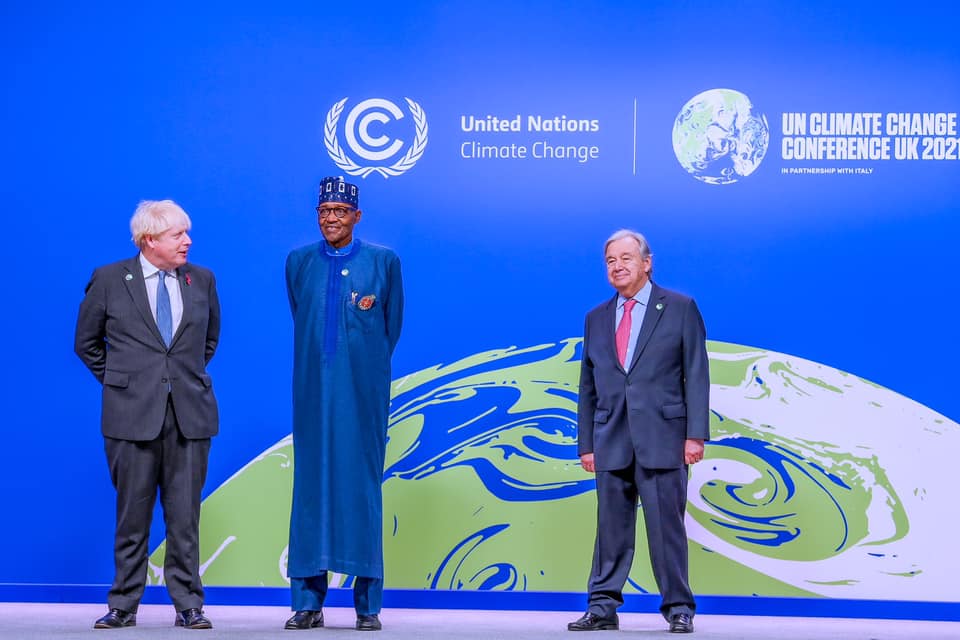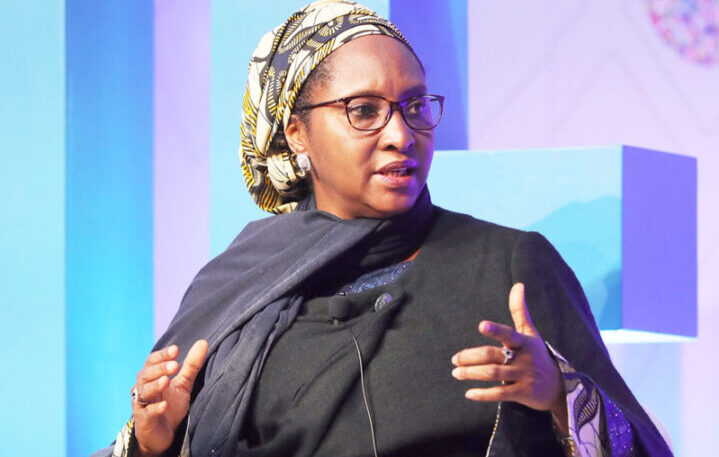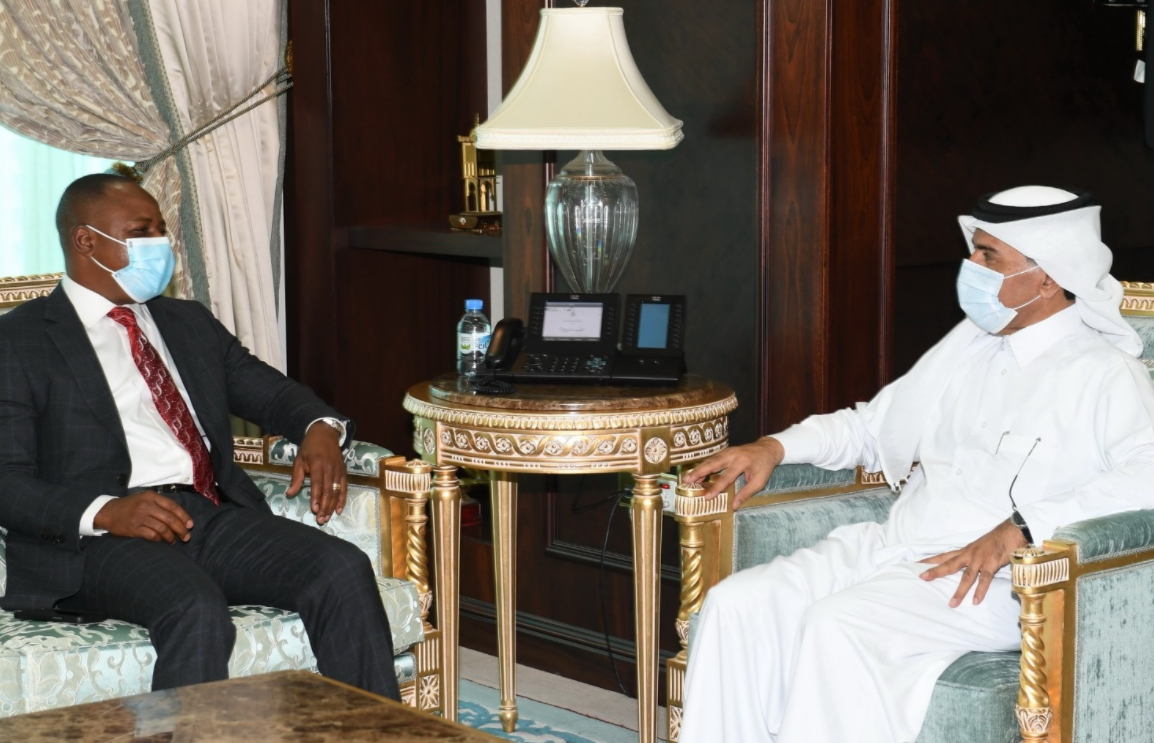BY JAIRUS AWO
The United Nations climate change conference — COP26 — finally came to an end on November 13, 2021. A day later than stipulated. The 13-day conference in Glasgow, Scotland had world leaders from different nations of the world coming to the negotiation table to deliberate on climate actions and ambitions.
At the conference, President Muhammadu Buhari said Nigeria is committed to net zero by 2060, a decade later than the year stipulated by the United Nations. He listed desertification, conflicts, food insecurity as the impacts of climate change in Nigeria. According to the President: “Nigeria, as a country has swung into climate justices actions, as spelled out in updated Nigeria’s Nationally, Determined Contributions (NDCs) submitted in July 2021.”
“We are committed to investing in tangible actions like new roads, renewable energy, creations of Jobs, and transitions from fossil fuels to clean energy.
Advertisement
“Nigerian energy transition is reflected in Nigeria’s emission energy compass which includes the government electrical project to electrify 5 million households and 25 million people using solar energy solutions.”
But the question remains — how does the government intend to actualise its goals, given that similar promises were made some time ago but Nigerians are yet to see results?
Nigeria’s nationally determined contributions (NDCs) contain fresh and renewed ambitions by the country to tackle the climate crisis but not much has been seen of previous ambitions made by the federal government. Social and climate activists expressed fears that it might just be another piece of paperwork.
Advertisement
According to Sadiq Aliyu, a climate activist, the government has paid more attention to paperwork than real action. Aliyu said the plans of the government are impressive but more work is needed to bring them to fruition.
In the same vein, Baliquees Salaudeen, a climate action advocate, believes that the Nigerian government is more active in presenting plans than real actions.
“The real climate action is the one that the affected communities can relate to,” she said.
“We keep highlighting plans. Those plans can go a long way in creating a comfortable environment for us all. However, actions are needed to back them up.”
Advertisement
WILL NIGERIA LIVE UP TO EXPECTATIONS?
Climate Action Tracker, an independent science-based assessment, says Nigeria is not ready to fully implement its climate actions.
“Nigeria has an ambitious 2030 renewable energy target, but implementation has been slow and it is not on track to meet this target. Its pandemic recovery package did include support for solar home systems, but much more action is needed here. Nigeria has one of the least reliable electricity grids and its citizens spend billions per year on generators,” it stated.
This assessment comes as climate change further heightens Nigeria’s challenges; such as poverty, unemployment, food insecurity, communal clashes and migration.
Advertisement
In the northern part of the country, climate change daily threatens lives and livelihoods. Climatic impacts such as desertification, deforestation, drought, and conflicts have left many impoverished.
Lagos, which is Nigeria’s commercial hub, experiences the impacts of coastal flooding and is vulnerable to a rise in sea levels, increased rainfall and storms.
Advertisement
Nigeria’s vulnerability to global warming and climate change is glaring. Although the country has made commendable commitments to reducing its carbon emissions and tackling the impacts of climate change, analysts and experts are wondering how the country intends to move forward.
As the world places high hope on Nigeria to lead Africa in sustainable development and clean energy, the jury is still out on whether the country will live up to expectations.
Advertisement
This story was produced with the support of Climate Tracker.
Advertisement
Add a comment






